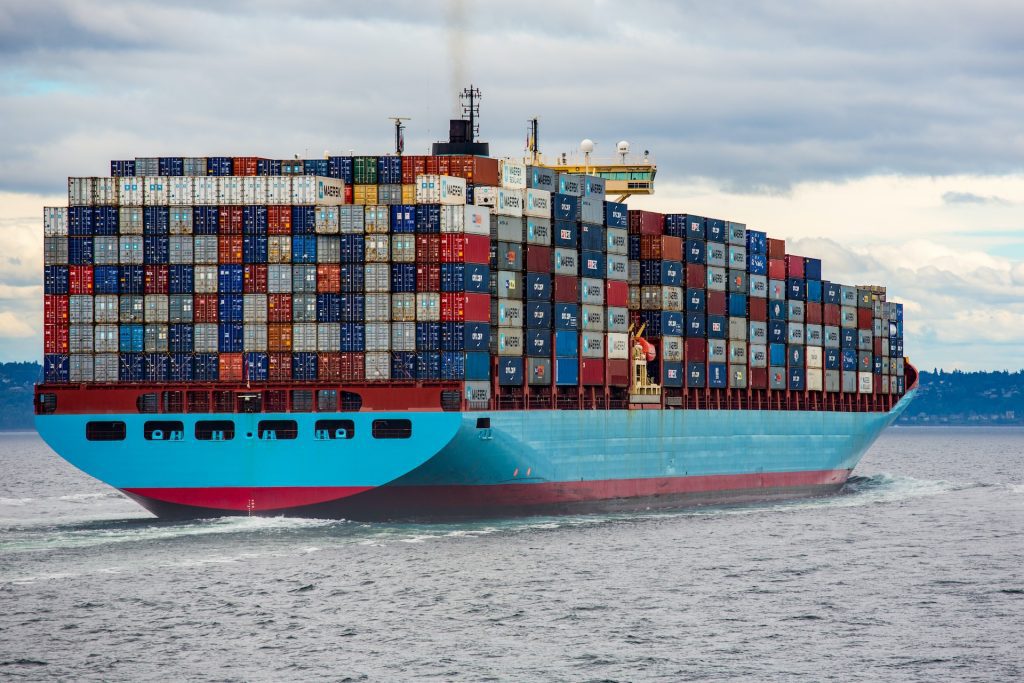
Source: Unsplash
Trade wars refer to conflicts between nations characterized by the imposition of tariffs, trade barriers, or retaliatory measures. It often escalates when one country imposes tariffs or other trade restrictions in response to perceived unfair trade practices or economic disadvantages. The affected nation, in turn, may retaliate by implementing its own set of tariffs and restrictions, triggering a back-and-forth exchange of measures. Some of the most popular trade war occurrences in the United States happened during Trump’s administration.
Tariffs on hundreds of items by the Trump administration resulted in one of the greatest tax hikes in decades, costing Americans roughly $80 billion. A lot of that resulted from the US-China trade war. This escalation of trade tensions has consequences for both participating nations and the global economy at large. It interrupts cross-border trade, causing economic ripples. Trade conflicts and tariffs affect global trade dynamics and the economy.
How Does it Affect the Financial Markets?
When tariffs are imposed, businesses face higher costs for imported raw materials and components, disrupting global supply chains. This disruption can adversely affect corporate profits, leading to decreased investor confidence and potentially lower stock prices. Companies that heavily rely on international trade or have exposure to affected industries may experience a decline in their stock values.
Most global trades are transacted using the US dollar; hence, it’s a haven during global economic instability. Trade wars and tariff disputes can increase market volatility, prompting investors to seek the stability of the dollar. Consequently, the DXY chart, which weighs the dollar against the six major world currencies) may rise due to increased demand for the US dollar. US-imposed tariffs and retaliations also affect the DXY chart.
Apart from the fact that US-imposed tariffs may negatively impact the concerned sectors, it’s a daisy for the economy. While the US dollar strengthens from tax revenues, consumers are left with fewer options due to lowered imports, meaning the prices of affected products will increase, which could theoretically cause inflation.
Countries may weaken their currencies to achieve a trading advantage, leading to currency manipulation charges. Such actions can affect the value of the US dollar and impact the Dollar Index, signaling potential repercussions for global trade and financial markets.
Implications for Economic Growth

Source: Pixabay
The uncertainty generated by trade wars erodes business confidence and leads to a decline in investment. Businesses become hesitant to make long-term commitments and may delay or cancel planned expansions, negatively impacting economic growth.
Trade disputes can lead to job losses in sectors affected by tariffs or disrupted supply chains. Statistics show that the Section 301 tariffs imposed by the Trump administration have welcomed retaliatory tariffs worth about $106 billion from China alone. These retaliatory tariffs are estimated to reduce the US GDP by 9.6 billion dollars (0.04%), resulting in the loss of about 29,000 full-time equivalent jobs. Industries heavily reliant on international trade, such as manufacturing or agriculture, may bear the brunt of these consequences. The economic impact of trade wars is often uneven, affecting some regions or industries more than others.
Impact of Tariffs on Global Trade
Increased production costs due to tariffs ultimately lead to higher consumer prices, and a higher price will always lower demand, further impacting the economy over time.
Looking at this publication from the US Department of Agriculture on the impact of tariffs, you’d realize that although tariffs may seem beneficial at the moment, they can lower income, increase unemployment, and lower the economy’s overall output in the long run. The uncertainty surrounding trade disputes also hampers long-term investment decisions and stifles economic growth.
Tariffs can result in trade diversion, where businesses shift their focus from affected markets to other regions with more favorable trade conditions. This shift alters traditional global trade patterns, impacting economies that rely heavily on exports to the affected markets.
The Bottom line
Trade wars and tariffs have profound implications for global trade and economic growth. The imposition of tariffs disrupts supply chains, increases costs, and creates uncertainty, adversely affecting businesses, consumers, and investment. Additionally, trade disputes can lead to job losses and an uneven economic impact. Understanding the role of the dollar index provides valuable insights into the broader consequences of trade wars on currencies and financial markets. In that light, we recommend that policymakers foster open and fair trade relations. At the same time, businesses, individuals, and consumers navigate the challenges posed by these tariffs by adopting sustainable strategies to weather adverse economic conditions.







